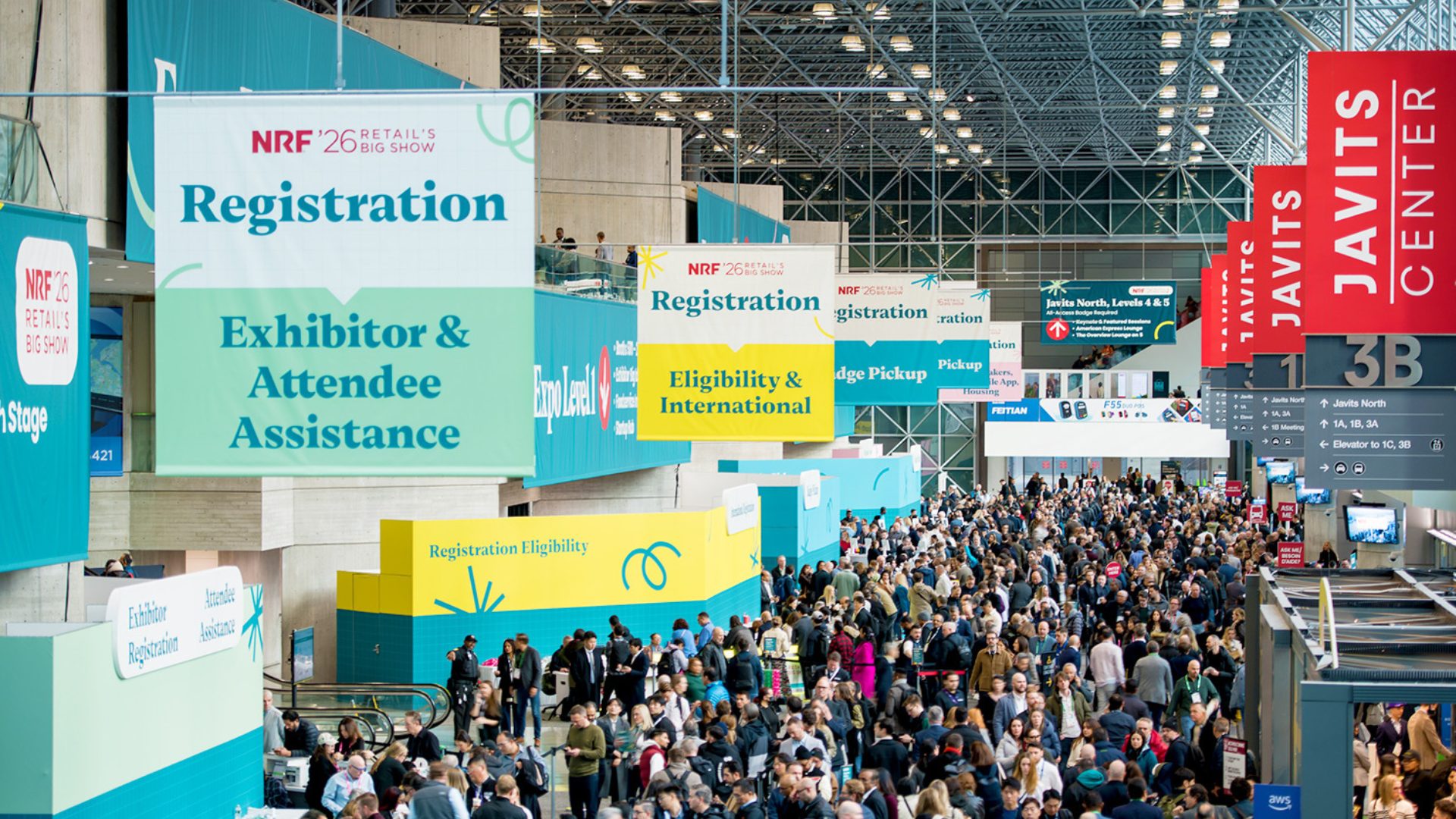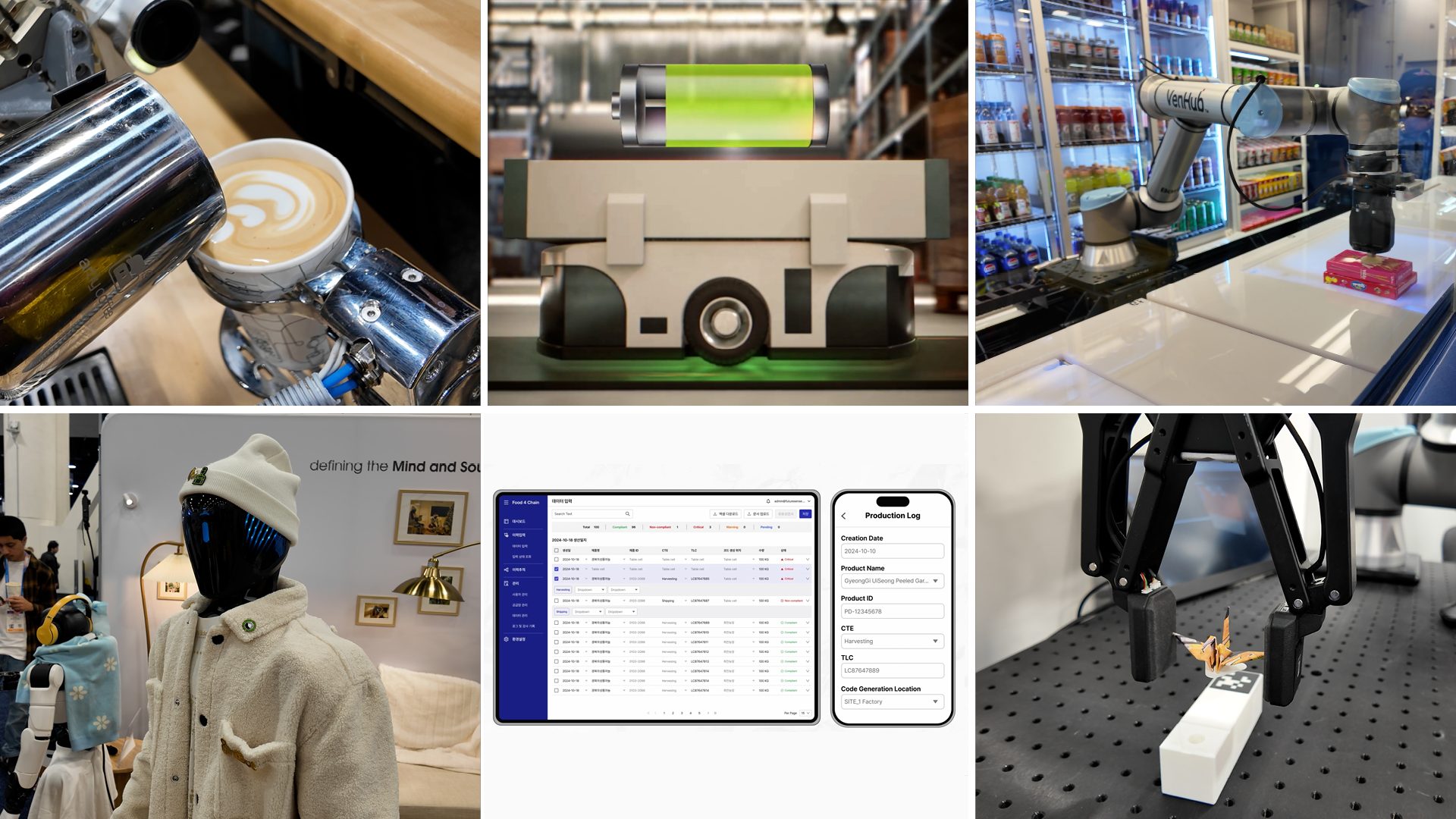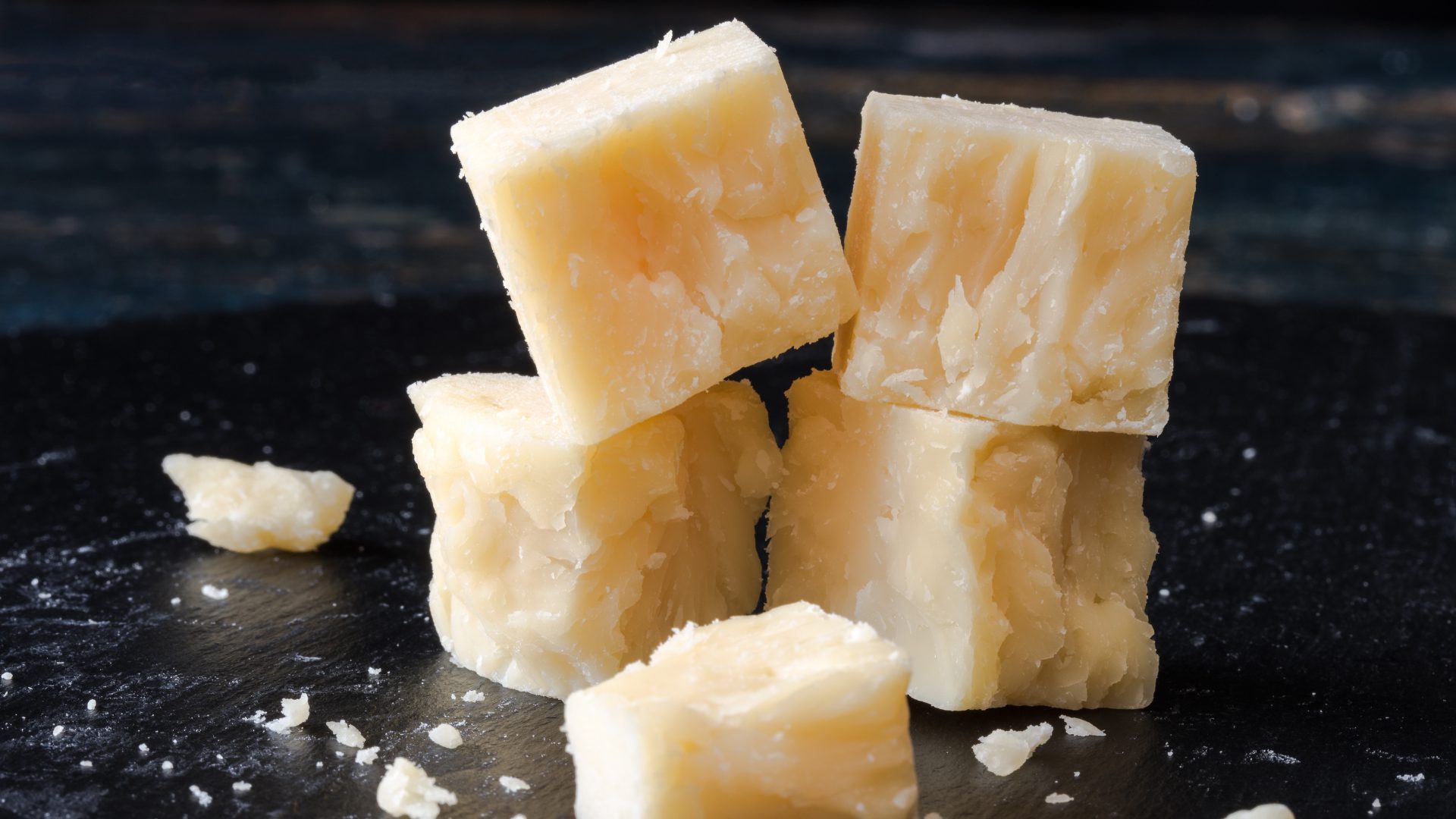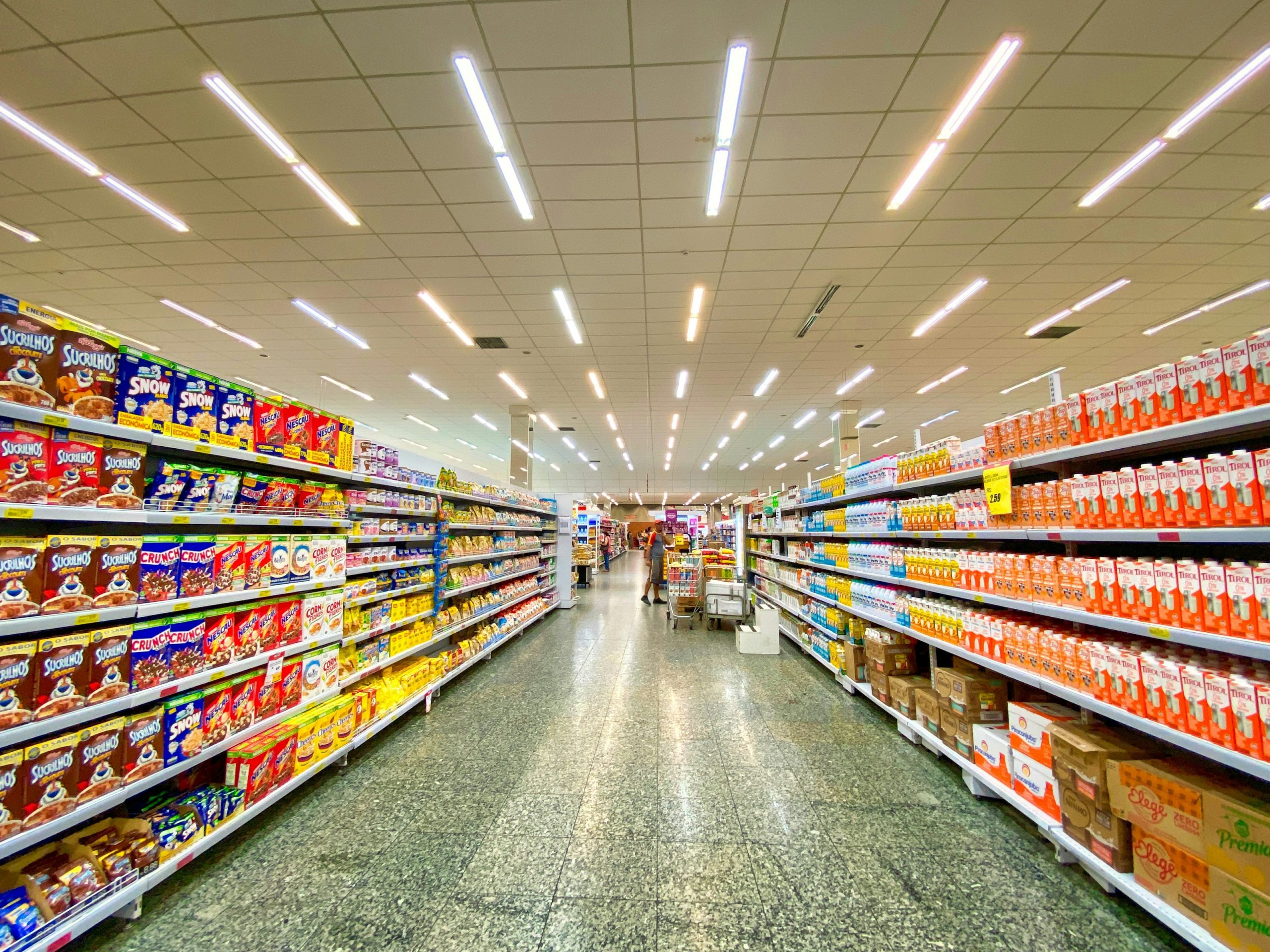The latest entry in Coca-Cola’s yearly “Holidays Are Coming” ad campaigns dropped down digital chimneys last month, to mixed reactions. A yearly tradition dating back to 1995, the spots are known for their warm, nostalgia-inducing visuals of a snow-laden small town welcoming a procession of festively-lit big rig trucks full of ice-cold Coca-Cola with smiles and hugs. They’re intended to engender feelings of community and connection.
This year’s Coca-Cola ads include some that have been made entirely with generative AI, and while the visuals are technically impressive, audiences across the internet have widely reacted negatively to them. As reported by TODAY, reactions have varied from “less festive, more creepy holiday vibes” to “ruined Christmas and their entire brand.”
Critiques of the campaign are mostly rooted in the use of AI for spectacle, rather than substance.
“That Coca-Cola ad is actually a perfect example of what not to do with AI in the food industry,” said Unnat Bak, CEO of Revscale AI. “It’s using AI for AI’s sake, rather than solving real problems.”
“Coca-Cola’s AI holiday ad misstep highlights an important truth: AI isn’t magic,” said Mark Haas, CEO of D&H Technology and Helmsman Group. “For it to resonate, it needs to meet real-world needs and deliver measurable value.”
For all the critiques of Coke’s AI-generated ads, the situation does raise a good question: How can companies, brands, and service-providers in the food industry effectively use AI? We asked experts across the industry and found three effective ways to utilize AI.
Enhancing Efficiency and Reducing Waste
AI’s unparalleled ability to analyze incredibly vast quantities of data and identify opportunities for optimization, minimize waste, and streamline operations makes it invaluable for addressing real-world challenges like inventory management, supply chain precision, and predictive analytics.
“Inventory management isn’t sexy, but it’s where AI is making a real difference,” Bak said. “We’ve seen franchises cut their food waste by 20 to 30 percent using AI to predict ordering needs.”
“Smallholder farmers can benefit from AI tools that contribute to crop management for optimal times for sowing and harvesting given weather information and soil contents,” noted Elizabeth Nelson, founder of Farm Fueled Nutrition. “This will reduce waste, increase yields, and promote sustainable production.”
AI-powered solutions, like optical character recognition and machine learning, automate invoice management, quickly identify errors, save time, and offer actionable insights to improve accuracy, according to Joe Hannon, GM of inventory & purchasing at Restaurant365.
Flashy ads may grab attention, but waste reduction and streamlined operations directly translate to cost savings and sustainability.
Personalizing the Customer Experience
Artificial intelligence is amazing at analyzing data sets, and everyone’s favorite customer – a repeat customer – is a data set waiting to be analyzed. Personalized recommendations, dynamic menus, and customized interactions can all be powered with tactically-deployed AI trained on previous customer interactions.
“Meal delivery services like ours use AI to make personalized recommendations, considering customer preferences, dietary restrictions, and order history,” explained Eric Sornoso, cofounder of Mealfan. “This increases customer satisfaction and, most importantly, nurtures customer loyalty.”
When applied intentionally, AI tools can create more engaging and unique experiences, turning one-time customers into repeat patrons.
“For me, one of the most exciting applications of AI is hyper-personalization,” said Anbang Xu, Founder of JoggAI. “For example, grocery apps could use AI to create dynamic shopping lists that suggest alternatives based on nutrition goals.”
Tools like voice recognition or chatbots can take orders quickly and accurately, making the process smoother for both customers and staff, according to Adnan Jiwani, assistant manager of digital marketing for PureVPN.
An AI-generated spectacle will create one-time buzz, but a personal discount for a customer’s favorite meal builds a devoted customer base.
Improving Food Safety and Quality Control
Finally, AI’s growing capacity for pattern recognition based on miniscule details make it an incredibly powerful tool for enhancing safety standards. In an industry where safety lapses can endanger lives, this provides immeasurable value.
“AI can revolutionize food safety by introducing automated quality checks,” Xu said. “AI-enabled sensors can detect contaminants or deviations in temperature during transportation – before issues escalate.”
AI can identify imperfections, inconsistencies, or contaminants in food products much faster and more accurately than humans, according to Stefan van der Vlag, CEO of Clepher.
“An AI-powered product lifecycle management compliance platform can transform manufacturing by automating food safety processes,” said Haas of D&H Technologies and Helmsman Group. “It can identify critical control points, validate hazard analysis, and ensure compliance with FDA regulations, reducing human error and preventing costly recalls.”
Shaping the Real Future of the Food Industry
More than anything, AI represents a dramatic shift in who is able to be a serious player in the food industry. Where once behemoths like Coca-Cola were the only ones with the resources and funding to optimize their processes, deliver truly unique customer experiences, and comply with inter-market regulations across the planet, today, AI gives more people the ability to bring their ideas, work, and talent to the market than ever before.
“The real power of AI lies in democratizing access to these tools,” said Riana Lynn, CEO of Journey Foods. “By prioritizing transparency, ethical data use, and workforce education, we can ensure AI benefits all stakeholders … while fostering a healthier, more sustainable food system.”
“When used responsibly, AI can help us build a future where every bite nourishes not just individuals, but entire ecosystems.”
The Food Institute Podcast
Is it possible to balance a legacy brand and innovative ideas for a food company? Bibie Wu, chief communications and technical development officer with Del Monte, shares how her company respects its past while looking to the future, and how her dual roles in marketing and product development inform each other and improve the company.












